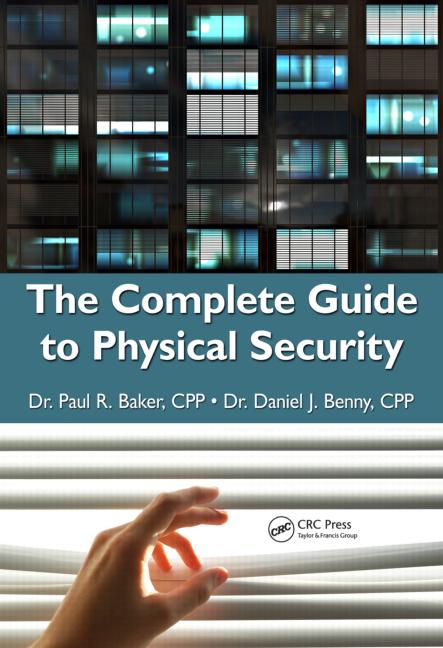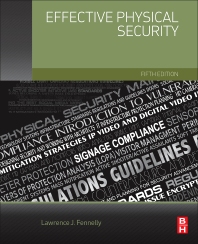IP theft is estimated to cost U.S. businesses more than $400 billion in annual revenues and countless jobs. This crime, now converging with all aspects of security operations, has also outgrown the ability of IT departments to address it effectively. As the security executive’s responsibility increases, the demands placed upon vendors and integrators also changes. Innovative security firms adjust their business models and product development cycles to answer these new requirements. Yet few of the “traditional” physical security firms actually have taken the initiative to do this.
The RSA Security Conference in San Francisco is my favorite event focusing on cyber security, and I would encourage more physical security integrators and product vendors to attend. The only physical security vendor I have seen participating in the RSA Conference over the last several years has been Hirsch Electronics. Its booth display this year read, “Hirsch = Enhanced Cyber Security,” and its booth traffic was impressive.
Bob Beliles, vice president, enterprise business development, who led a panel discussion titled, “Does Physical Security Create New Vulnerabilities for the Network?” said, “We see the opportunity to share and leverage information in new ways. RSA ties physical and cyber security into a powerful concept that eliminates gaps to enable both segments to improve security. The traffic at the booth is exciting.”
Hirsch should be congratulated on seeing where the security industry is going, and for taking steps outside of its traditional comfort zone to create new products for this emerging market. Rob Zivney, Hirsch vice president, business development, believes his work on the ICAM committee (Identity, Credentials, Access Management) directly applies to how multiple markets are transforming the way these functions apply to a security industry where network system events have a physical system response.
“We have always been a high security access control company. At RSA, people buy access security to tie physical, logical and cyber security together. It is a natural evolution for us,” Zivney said.
The pace of change in the security industry is progressing faster than in any other segment of the economy, with the possible exception being publishing. The competitive landscape is undergoing a major shift that will create opportunities. Security firms standing still during dynamic market moves lose share. This is a fact of business history.
Hirsch Electronics is providing an excellent model for physical security vendors and integrators to copy. Learn about emerging cyber security issues and their impact upon the overall security profession. Cyber security, more than any other threat, expands the security responsibility beyond the IT department. The IT organization cannot police a global supply chain. Cyber crime escalates the role of the security executive to new heights.
John Piccininni vice president of sales, described the Hirsch strategy nicely. “At RSA, we are getting business from companies that represent new ‘green field’ installations. It’s a totally new set of customers for us.”
Enough said. Winning security practitioners will embrace security models that converge physical, logical, and cyber security solutions. These technologies protect (or threaten) the operations of the business and their brand reputation, which sounds like the role of the 21st Century security executive.
.png?height=200&t=1651072917&width=200)



